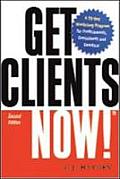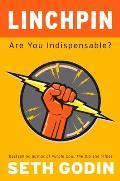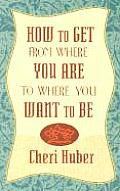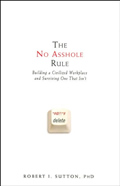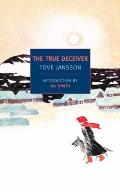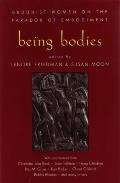Despite the intimidating cover, this book is filled with compassionate, practical suggestions for getting a marketing program off the ground.
Getting clients is divided into four stages:
- Filling the pipeline
- Following up
- Getting presentations
- Closing sales
For the 28 day program, the book recommends focusing on a single stage, and committing to a set of 8-10 daily or weekly actions from a menu of suggestions. The actions include both direct marketing and incremental work on longer-term “Success Ingredients” such as a brochure or website.
There are helpful sections on choosing realistic goals and managing resistance when it inevitably arises. As well as choosing activities, you choose a Special Permission, such as “I have permission to ask for what I want” or “I deserve to be successful.”
Worksheets for choosing a program and tracking progress can be downloaded at the Get Clients Now website.
For myself, I find that I need more flexibility than this intense 28-day program provides, but the structured approach makes marketing seem a lot less mysterious. It is reassuring to see how many of the “success ingredients” I’ve created along the way, and how many of the recommended activities I’ve incorporated into my marketing, even if I don’t do 8 of them per day.

